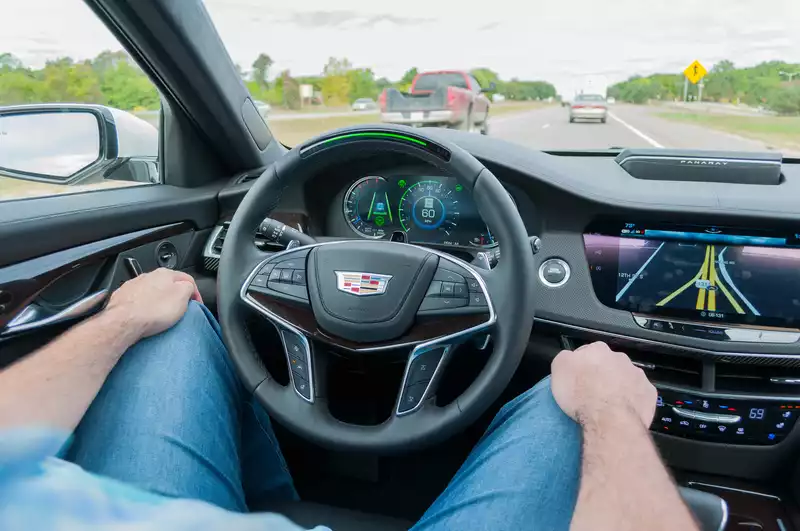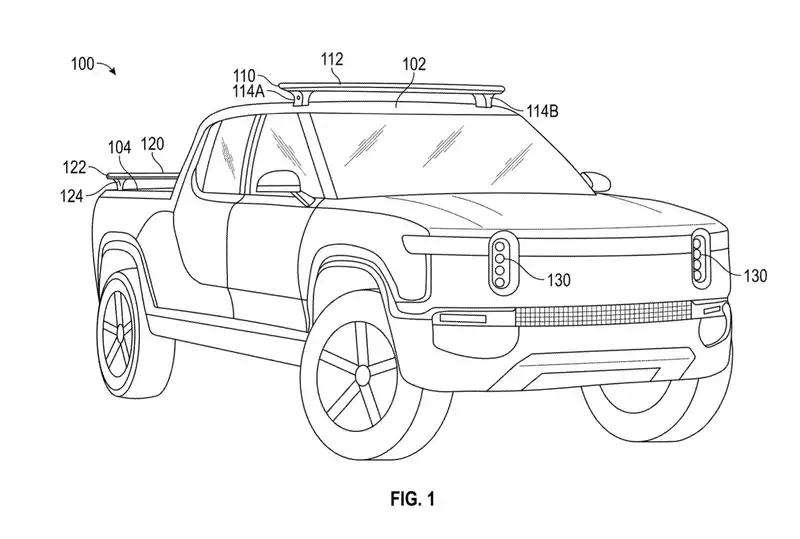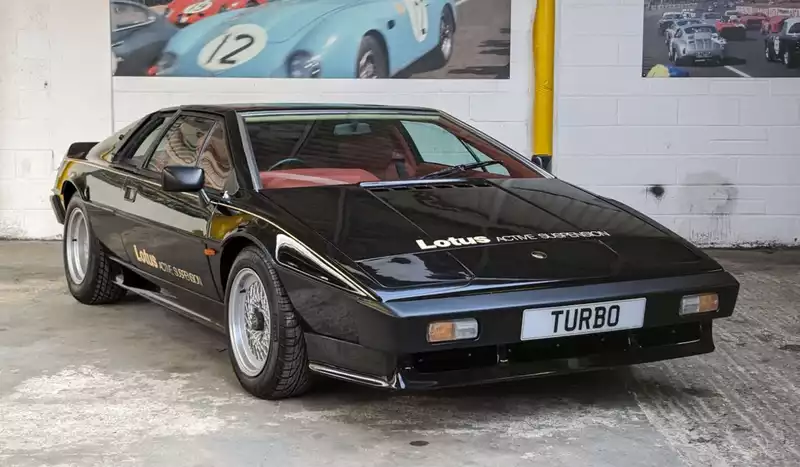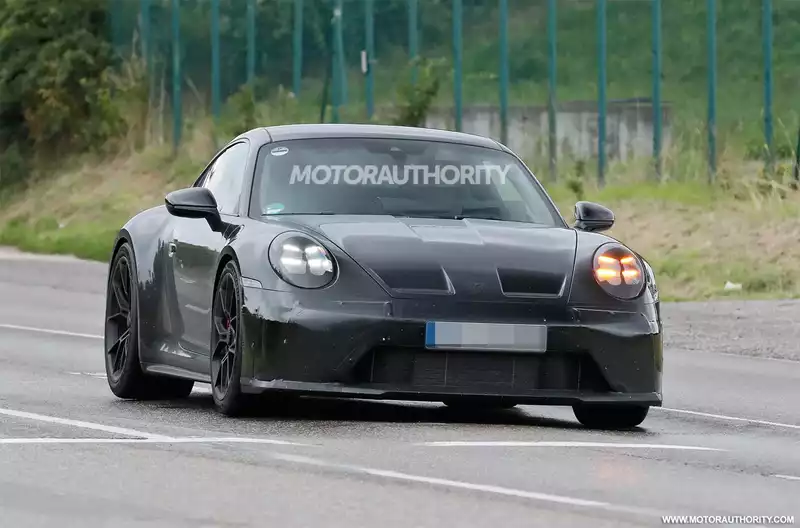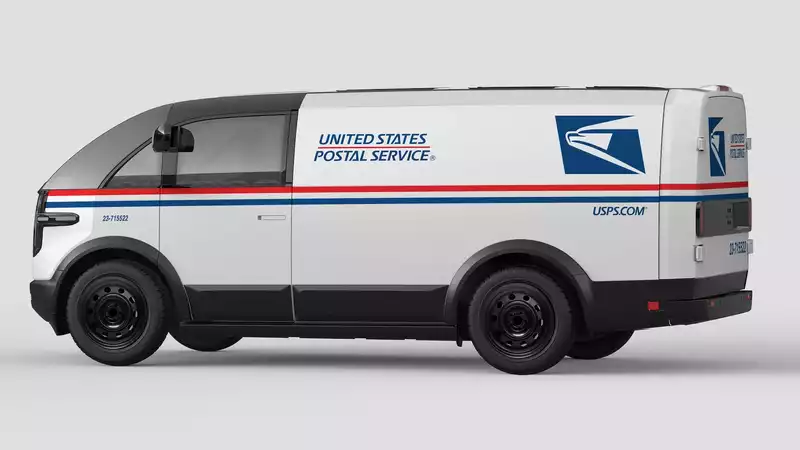Current V-8 Mustang Doesn't Have to Be the Last, Ford Says
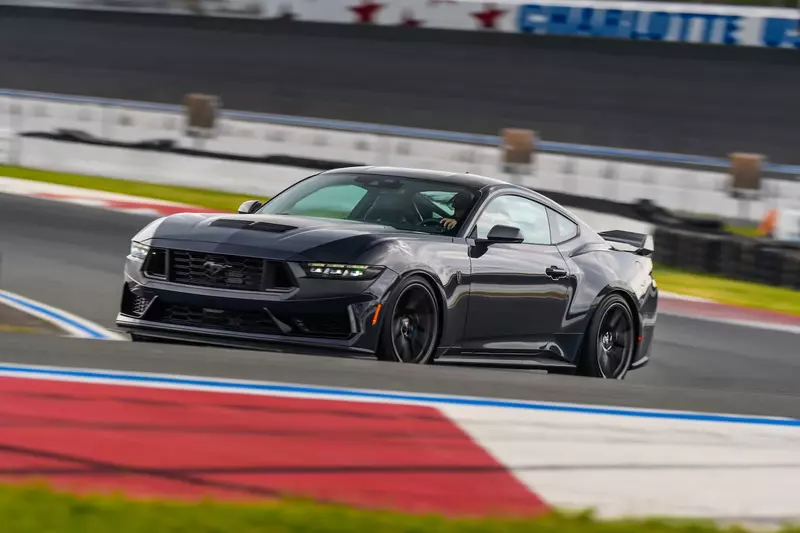
Both the Dodge Challenger and Chevrolet Camaro will exit the market within the next six months. Dodge has already confirmed an electric successor to the Challenger, and Chevrolet has indicated that its competitor may move to an EV platform at model change. For the time being, the Ford Mustang will remain the last American pony car with a V-8 engine. That may not change anytime soon.
While it would be easy to assume that the Mustang will move to the electric vehicle route with its next makeover, Ford officials have made it clear that this is not necessarily the case.
Mustang global brand manager Jim Owens recently told Australian media, including Drive, that Ford will continue to build Mustangs with the V-8 as long as regulations allow and that buyers who want an electric Mustang already have the choice of the Mustang Mach-E, he said.
Ford also said it is continuing to invest in development so that the V-8 engine can be used in future models.
This was corroborated by comments made by Mark Lashbrook, global director of Ford Performance Motorsport, in an interview with Wheels. According to him, Ford is currently developing a fourth generation of the 5.0-liter V-8 engine known as the Coyote, with a fifth generation design possible if regulations permit. The current V-8 engine has a maximum output of 500 hp and is used in the Mustang GT and Mustang Dark Horse.
Ford also said that it considered electrifying the current seventh-generation Mustang, but decided against it, citing strong demand for a sports car with an exciting sound and available manual transmission.
Ford is not the only major automaker with this philosophy. Porsche is one of the most vocal in its desire to keep gas engines alive in its 911 sports cars, and is also developing carbon-neutral fuel (e-fuel) with a view to offering it to customers in the future.
At Germany's urging, the E.U. has agreed to an exemption that will allow vehicles with internal combustion engines designed to run on e-fuel to be sold after 2035, when new rules effectively banning the sale of gas and diesel-powered light vehicles take effect. This means that V-8 engines, or at least Porsche's flat-six engines, could survive in Europe for the next decade.
